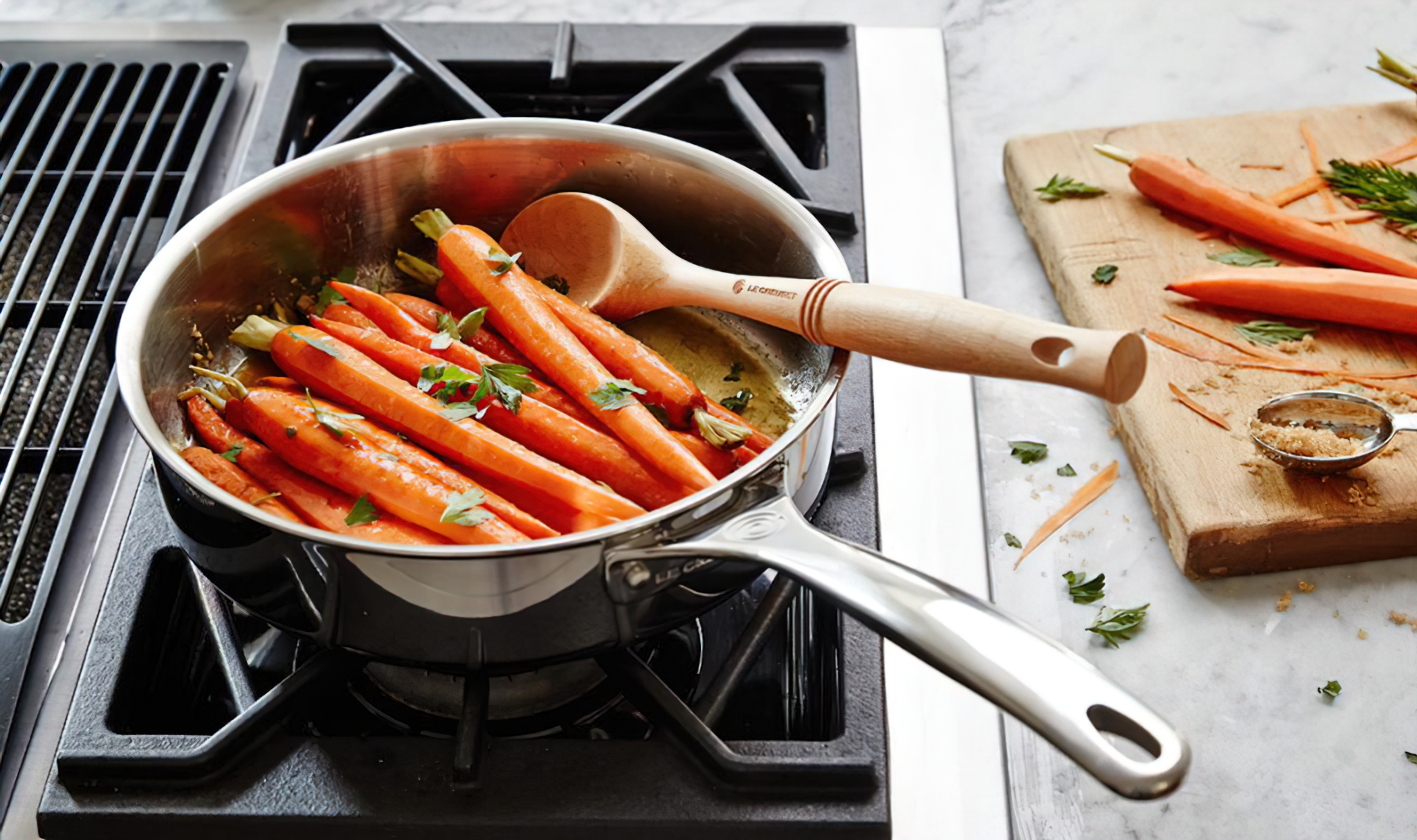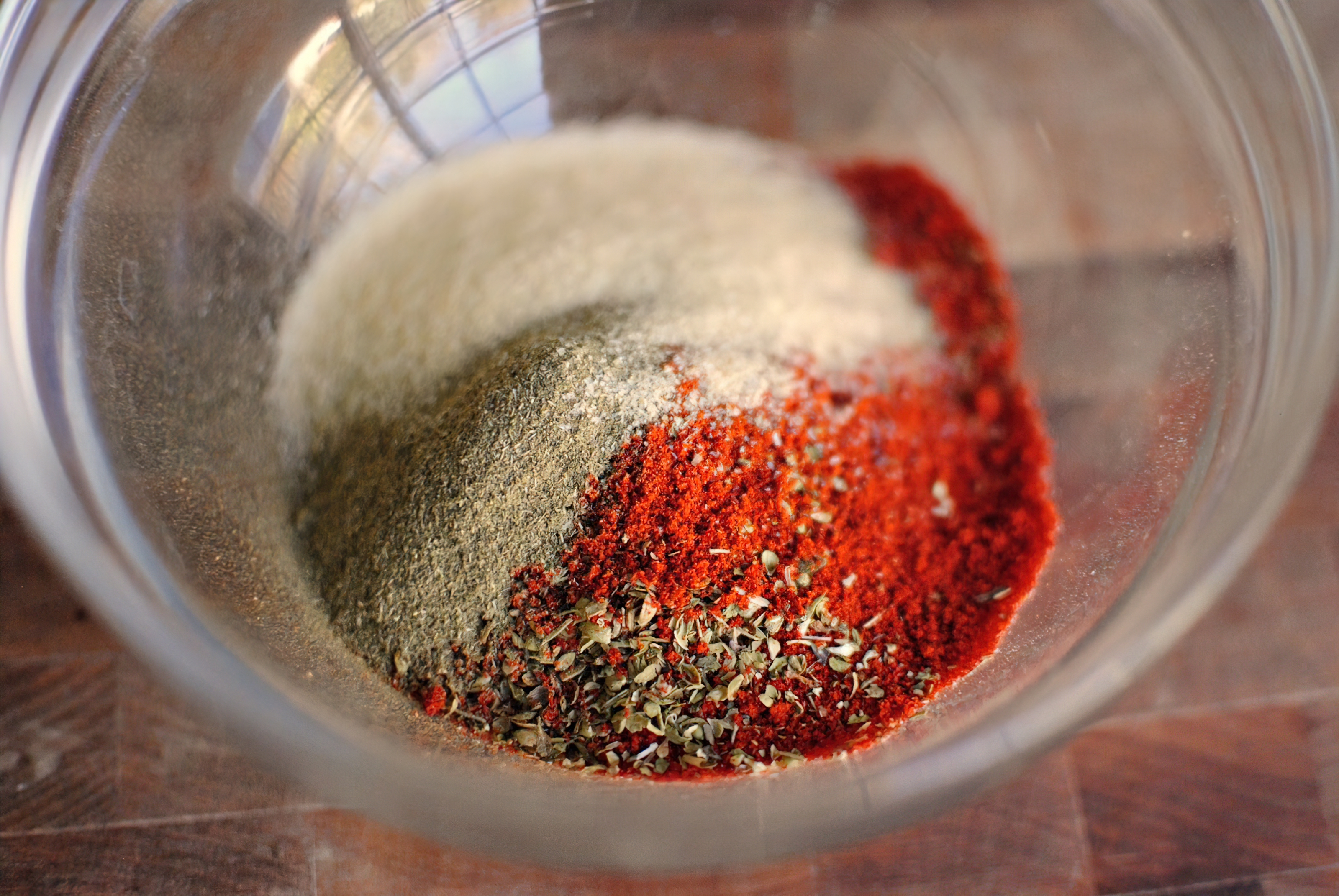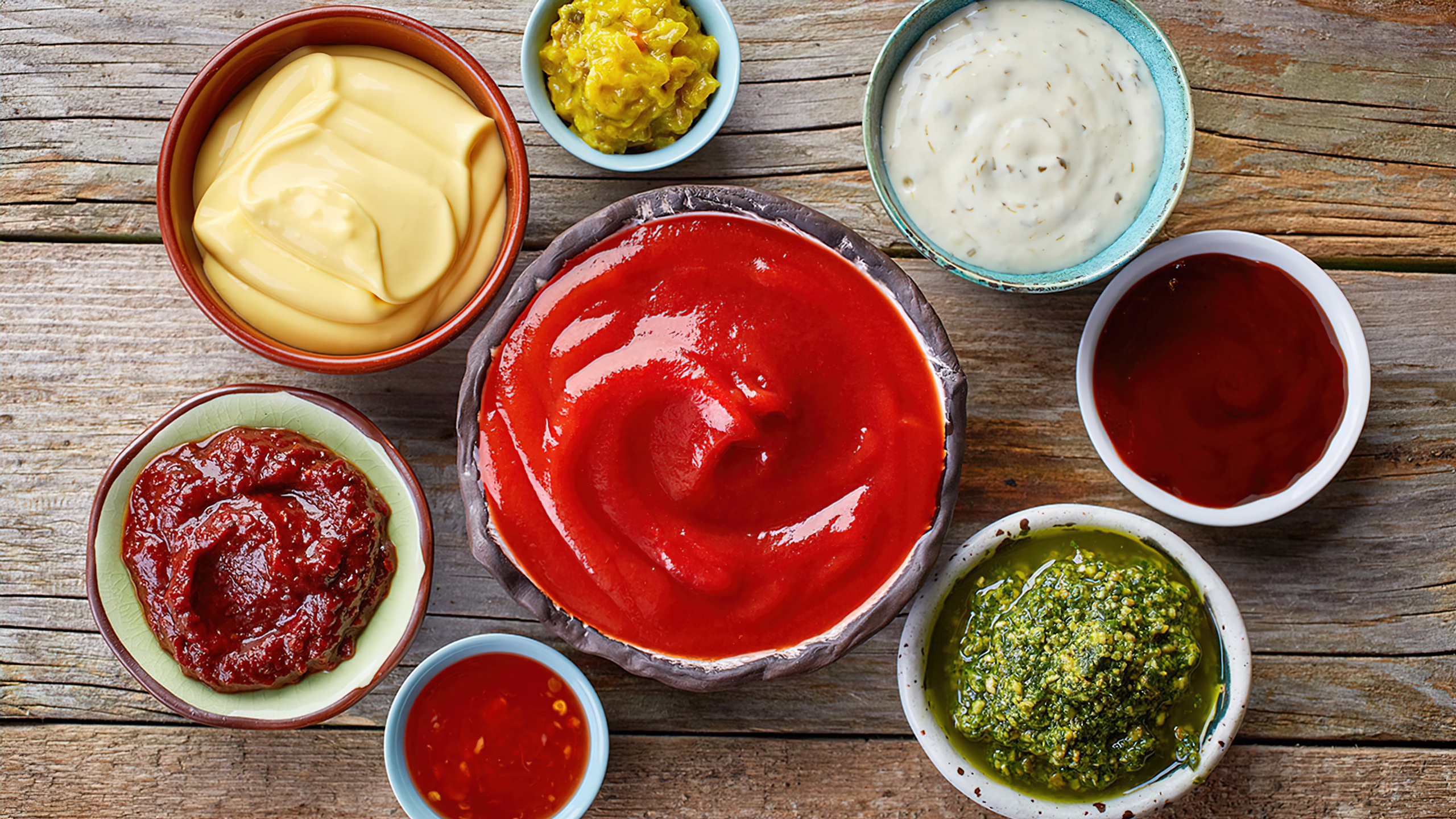Plant-based cooking can be just as flavorful and satisfying as any traditional cuisine. With the right techniques, you can transform simple ingredients into mouthwatering vegan dishes. In this article, we’ll explore three key methods to elevate your plant-based cooking.
Sautéing and Caramelizing

One of the easiest ways to bring out the flavors in vegetables is by sautéing or caramelizing them. The high heat used in these methods caramelizes the natural sugars, resulting in a rich, deep flavor.
To sauté, heat a small amount of oil in a pan over medium-high heat, then add your vegetables. Cook for a few minutes, stirring occasionally, until they’re tender and golden brown.
Caramelizing takes a bit more time but is well worth the effort. Start by slicing your vegetables thinly, then cook them in a pan with a little oil over low heat. Cook slowly, stirring occasionally, until the vegetables are soft, golden brown, and slightly sweet.
Roasting and Grilling
Roasting and grilling are both excellent ways to intensify the flavors of your vegetables. These methods use dry heat, which helps to concentrate the flavors and create a deliciously crispy exterior.
To roast, preheat your oven to 400°F (200°C) and arrange your vegetables on a baking sheet. Driz
zle with a little oil, and season with salt and pepper. Roast for 20-30 minutes, or until the vegetables are tender and golden.
Grilling adds a smoky dimension to your vegetables, perfect for summer meals. To grill, preheat your grill to medium-high heat and lightly oil the grates. Place your vegetables directly on the grill, cooking for a few minutes on each side until they’re tender and have grill marks.
Seasoning and Marinating
Proper seasoning is essential for creating flavorful vegan dishes. Don’t be afraid to use herbs, spices, and other seasonings to add depth and complexity to your meals.
Marinating is another effective way to infuse your ingredients with flavor. Combine your favorite herbs, spices, oils, and acids (like vinegar or citrus juice) in a bowl, then add your vegetables or tofu. Let the mixture sit for at least 30 minutes before cooking, allowing the flavors to meld.
Steaming and Braising
Steaming and braising are gentle cooking methods that help to retain nutrients while still providing flavorful results. Both methods use moisture to cook the ingredients, ensuring a tender, juicy result.
To steam vegetables, place them in a steamer basket over a pot of boiling water, cover, and let them cook until they’re tender but still vibrant in color. Steaming works best for delicate vegetables like green beans, broccoli, and cauliflower. For added flavor, try seasoning the water with herbs, spices, or even a splash of white wine.
Braising involves slowly cooking ingredients in a small amount of liquid, creating a rich, flavorful sauce. To braise vegetables, start by sautéing them in a pot with a little oil, then add a small amount of liquid (like vegetable broth, tomato sauce, or coconut milk). Cover the pot and let the vegetables simmer over low heat until they’re tender and the liquid has thickened.
Using Flavorful Sauces and Toppings
A well-crafted sauce or topping can take your vegan dishes to the next level. Whether it’s a tangy chimichurri, a spicy peanut sauce, or a creamy cashew-based alfredo, the right sauce can elevate even the simplest meal.
Experiment with different sauce recipes, and don’t be afraid to get creative. A simple tomato sauce can be transformed with the addition of roasted red peppers, sundried tomatoes, or a splash of balsamic vinegar. Likewise, a basic tahini dressing can be enlivened with fresh herbs, lemon zest, or a pinch of smoked paprika.
Toppings like toasted nuts, fresh herbs, or crispy breadcrumbs can add texture and flavor to your vegan dishes. Sprinkle them over salads, pasta, or grain bowls to create a satisfying crunch and an extra layer of taste.
In Conclusion: By incorporating these additional techniques—steaming, braising, and using flavorful sauces and toppings—into your plant-based cooking repertoire, you’ll continue to create exciting and delicious vegan meals. Embrace the versatility and variety of plant-based ingredients, and enjoy exploring the endless possibilities for tasty, satisfying dishes.

